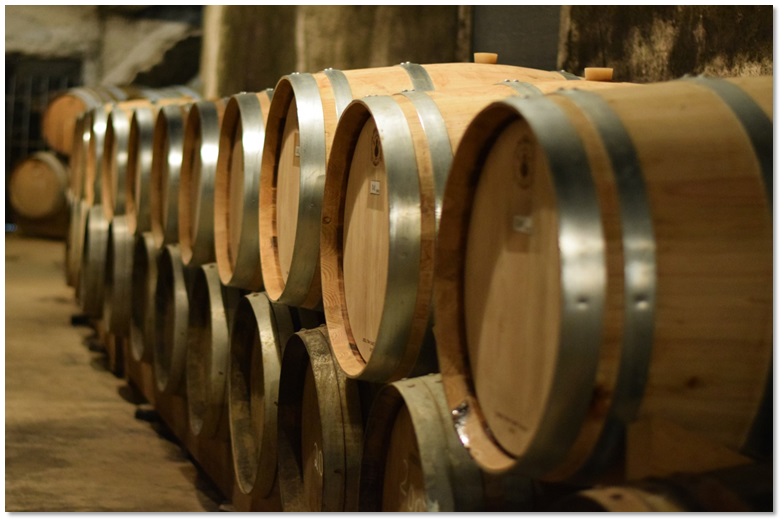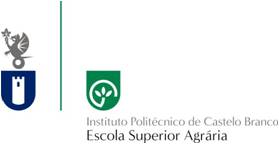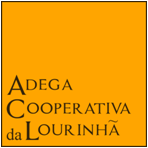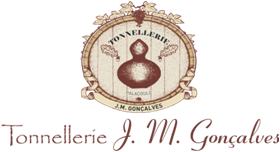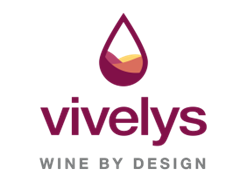|
Traditional technology The ageing in wooden barrel is traditionally included in the wine spirit production technology and aims to add value to the product. Indeed, this stage allows several physical and chemical phenomena to occur, such as the release of wood compounds, multiple reactions between these compounds and those of the wine distillate, alcohol and water evaporation (known as “angel’s share”), thereby giving the wine spirit features previously absent, and leading to the improvement of its overall quality.The most obvious change occurs in the color; from colorless to green/yellow-straw/golden/amber. |
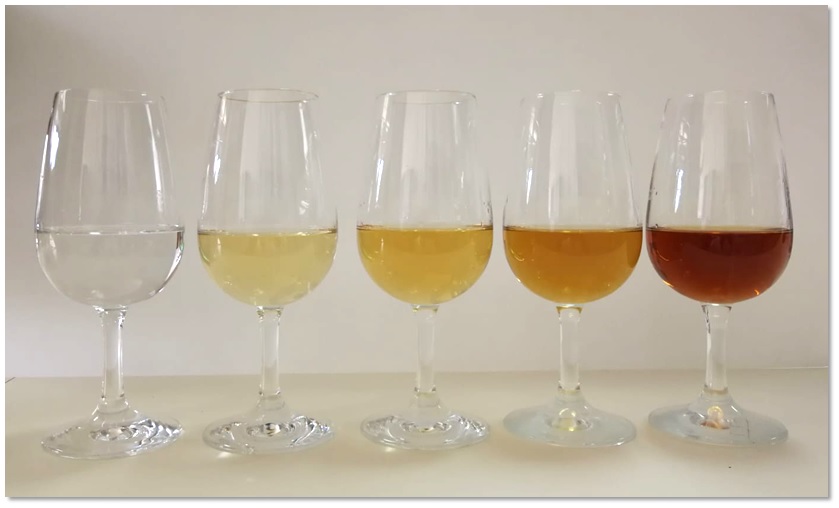 |
|
|
Minimum ageing time The European regulations recognize the ageing as a crucial stage. According to the Reg. UE nº 787/2019 , the wine spirit can be aged for at least six months in wood containers with a capacity of less than 1000 L or one year in wood containers with a capacity of more than 1000 L. For wine spirits from Designations of Origin, the minimum ageing time complies with the European regulation or is even more restrictive. For example, ageing is at least one year for Armagnac, and two years for Lourinhã and Cognac. |
Factors ruling the ageing process
The ageing result, seen as the characteristics acquired by the wine spirit during this stage, depends on several interacting factors that influence the above-mentioned physical and chemical phenomena:
- Wine distillate’s composition;
- Wooden barrel features – related to the kind of wood used, its geographical origin, the cooperage process (highlighting the seasoning and the heat treatment operations), the barrel size and the barrel’s usage (new or used);
- Cellar conditions – such as temperature, relative humidity and air circulation;
- Technological operations performed – such as the refilling with wine distillate to compensate the loss of wine spirit by evaporation and sorption by the wood, the addition of demineralised water to decrease the alcoholic strength, and the stirring made to homogenize the wine spirit and also to promote the extraction of wood compounds;
- Ageing time.
It should be stressed that the most suitable cellars have low thermal amplitude throughout the year (temperature at about 20 °C), high relative humidity (from 80 to 90%) and low air circulation. These conditions allow better control of evaporation, which is of economic relevance to producers, and to obtain the most balanced aged wine spirits.
|
Alternative technologies Despite the high quality attained by the wine spirit through this ageing technology, it is a time-consuming and costly process, and the capital invested in wine spirit and wood is immobilised for a long period. Besides, it involves the use of a large amount of a natural resource, the wood, whose availability with the desired quality for cooperage is limited. .
|
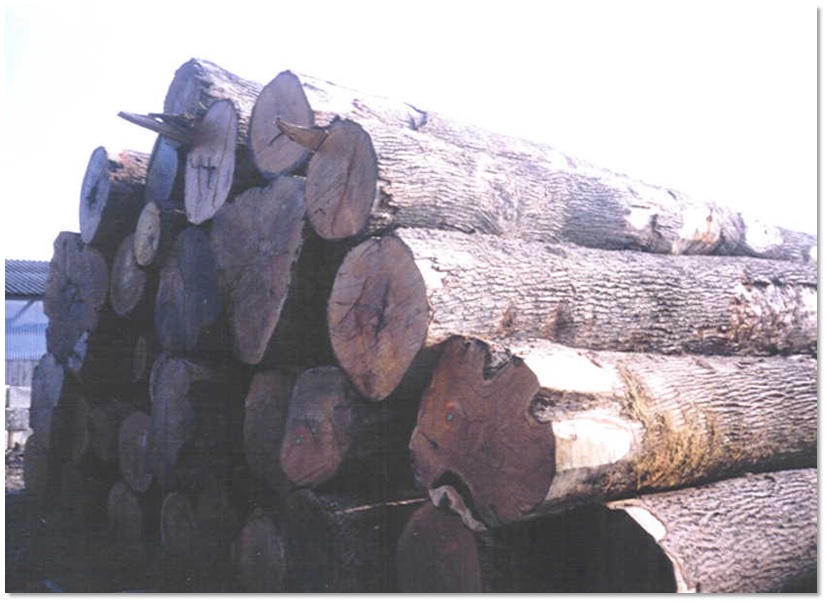 |
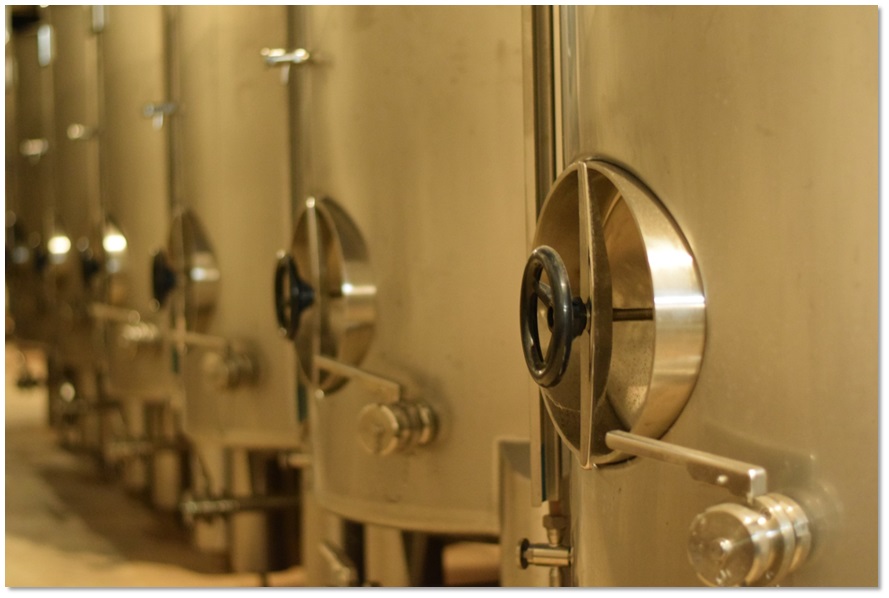 |
For these reasons, alternatives have been searched towards ageing sustainability, that is, an environmentally-friendly ageing process together with other economic and social benefits. In addition, diversification of agri-food products, including the wine spirit, is becoming increasingly important in the face of a global and more competitive market with more informed and demanding consumers. For sustainability and diversification to be successful, it is imperative to find innovative technologies which allow obtaining high quality and differentiated wine spirits.
|
These challenges have been the main driver of scientific research on the ageing technology conducted by our team in the last 12 years, based on the Lourinhã wine spirit. Most of the work has been focused on the research of innovative solutions based on the manipulation of factors ruling the ageing process and assessment of their impact on the physicochemical and sensory features of aged wine spirit.
* Regulation (EU) nº 787/2019 of the European Parliament and of the Council of 17 April 2019, on the definition, description, presentation and labelling of spirit drinks, the use of the names of spirit drinks in the presentation and labelling of other foodstuffs, the protection of geographical indications for spirit drinks, the use of ethyl alcohol and distillates of agricultural origin in alcoholic beverages, and repealing Regulation (EC) Nº 110/2008. Official Journal of the European Union, L130, 1-54.




